 Main Entry:
Main Entry:Plan ta tion Ne gro
Plan·ta·tion Ne·gro • Pronunciation: [plan-tey-shuhn] [nee-groh] 'nE- Form: plural Plantation Negroes • sometimes offensive : a member of the black race distinguished from other members of the black race by debilitating group think and a perverse loyalty to a system that operates not in his interest. He inherits an unusual psychological characteristic that compels him to reserve the majority of his scorn and bitterness not for the system that encumbers his people but for his brothers and sisters who reject the system. Often satisfied with the appearance of advantage over other members of his group, the Plantation Negro constantly seeks sanction and adjudication from an external master authority. Easily divided and conquered.













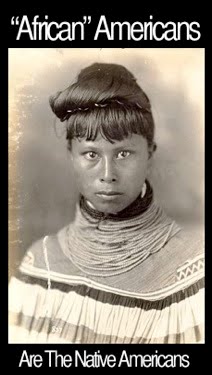




























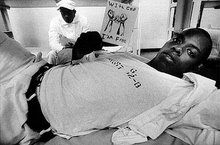
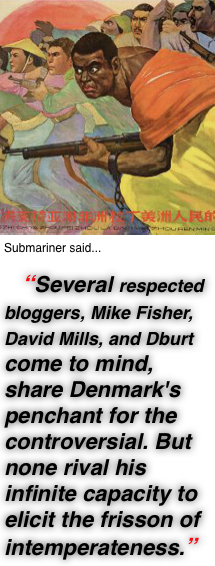




















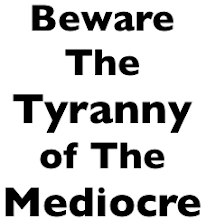





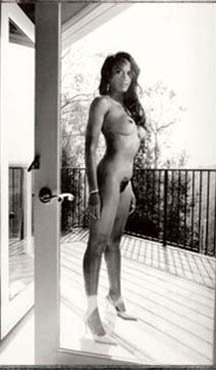







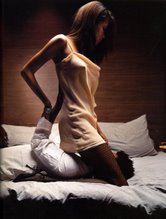




















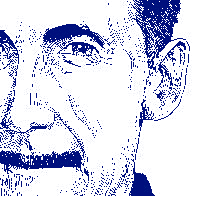







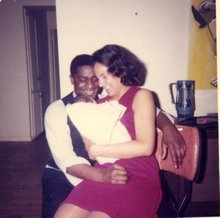

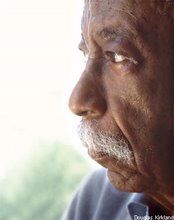


3 comments:
Ok let me suggest to you where Plantation Negro really began.
New itinerant songwriters appeared between 1830—1850, composing new tunes based on existing folk melodies. Stephen Foster, Henry Clay Work, Daniel Emmett and Thomas Daddy Rice, all professional songwriters, traveled throughout the South by steamship and river boat, observing and notating song ideas from plantation slaves. The slaves, having learned many of their songs and dances from traveling Irish musicians, modified and played jigs and reels on homemade fiddles and banjos. The banjo itself was a slave invention, but the music became more rhythmic and syncopated as the slaves added African musical techniques. Plantation lore also made rich use of farm and wild animals that the slaves observed and imitated in their daily lives. The juba dance, the cakewalk, the turkey trot and the buzzard lope all had their origin in plantation life.
Thomas Daddy Rice was the first to create the idea of the comical plantation Negro when he observed a black stable groom in Louisville, Kentucky. He was old and bent over as he sang and danced a little song:
Rice blackened his face with burnt cork, sang songs in a Southern Negro dialect and became a star overnight. In 1843 the Virginia Minstrels created a sensation at the Bowery Amphitheatre in New York with their snappy songs, dances and comedy routines. This group was followed by many others, all attempting to cash in on a perfect formula for the new art form.
Source:
The Minstrel Show's
Contribution To Folk Music
By Tom Faigin
Regards,
Anon
"He inherits an unusual psychological characteristic that compels him to reserve the majority of his scorn and bitterness not for the system that encumbers his people but for his brothers and sisters who reject the system."
Now THAT is an excellent description of DV.
And with this, let me bide you adieu. It was a good run, but things are getting repetitive.
May you find your way off the plantation.
Take care, my brother.
Michael
Ahhh ...
Hit home didn't it Mike.
Post a Comment